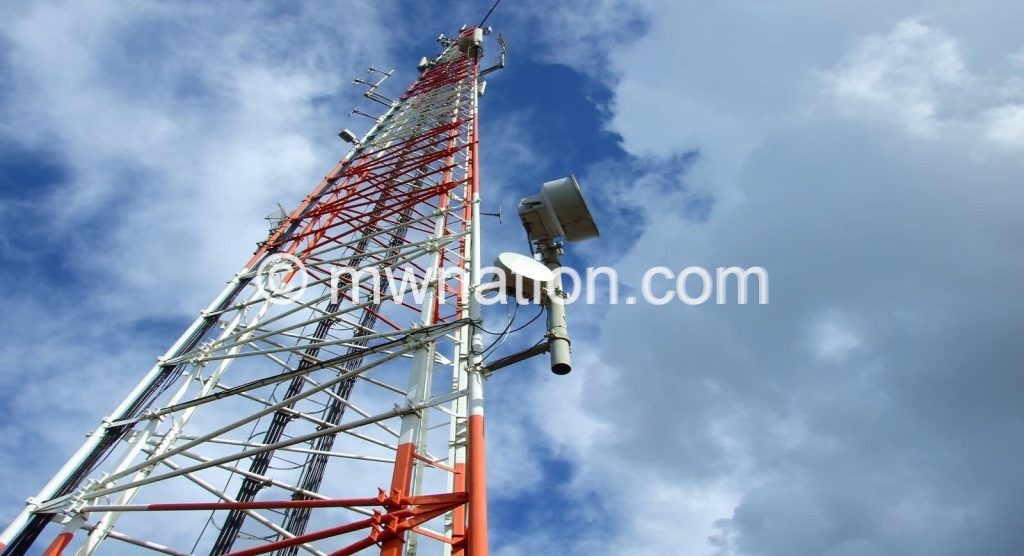World Bank decries telecoms tax rates
The World Bank has decried punitive tax rates governing the country’s information and communications technology (ICT) sector, a situation it says is impacting mobile penetration, services and profits by telecommunications firms.
The Bretton Woods institution has also singled out lack of investment and competitive pressure on prices and quality services in the mobile telecommunications industry, which it says has impacted consumers, the vast majority of whom access both voice and broadband services through mobile phones.

According to the Word Bank’s report on the assessment of the country’s ICT sector titled The Potential for Digital Technologies to Boost Growth in Malawi, there is continued lack of competition in critical telecoms market segments, which is restricting the growth of the sector and subsequently impacting ordinary consumers, who access both voice and broadband services through mobile phones.
ICT Association of Malawi (Ictam) president Bram Fudzulani in an interview on Tuesday agreed with the World Bank’s observation, saying the country needs to strive to improve the ICT sector.
“We are hopeful that the digital Malawi project, whose overall aim is to extend and improve access to critical ICT infrastructure for the public and private sectors, improve ICT governance; improve access to government services and facilitate provision of e-services, thereby enhancing public service delivery, will help address some of the issues and that in the next few years, Malawi ICT sector will have significantly improved,” he said.
The World Bank stresses that Malawi’s neighbours are reaping digital dividends due to policies that promote affordability.
It says entry-level broadband packages cost only about 5.2 percent of per capita gross domestic product (GDP) in Uganda, two percent in Kenya, yet the same costs 19 percent of per capita GDP in Malawi.
“This is due to high taxation regimes in the telecoms sector, which adversely impact penetration, services and profits.
“In Kenya, mobile-specific taxes stand at an average rate of around 7.5 percent, compared to 9.5 percent in Malawi,” reads the report.
The relative affordability of broadband in Kenya, the World Bank says, has led to high penetration rates with the rate for 3G [third generation] population coverage standing at 85 percent.”
Although the ICT sector in Malawi continues to grow, the World Bank laments in the report that the country lags behind its peers in terms of the development and affordability of telecommunications and other digital services.
Currently, the country ranks on 167 out of 176 countries in the International Telecommunications Union (ITU) ICT Development Index.
The rate for mobile penetration stands at 41.3 percent compared to the average rate of 74.4 percent across Africa.
The main fixed operators are Malawi Telecommunications Limited (MTL) and Access Communications Limited (ACL). The mobile sector is dominated by Airtel Malawi plc and TNM plc.





